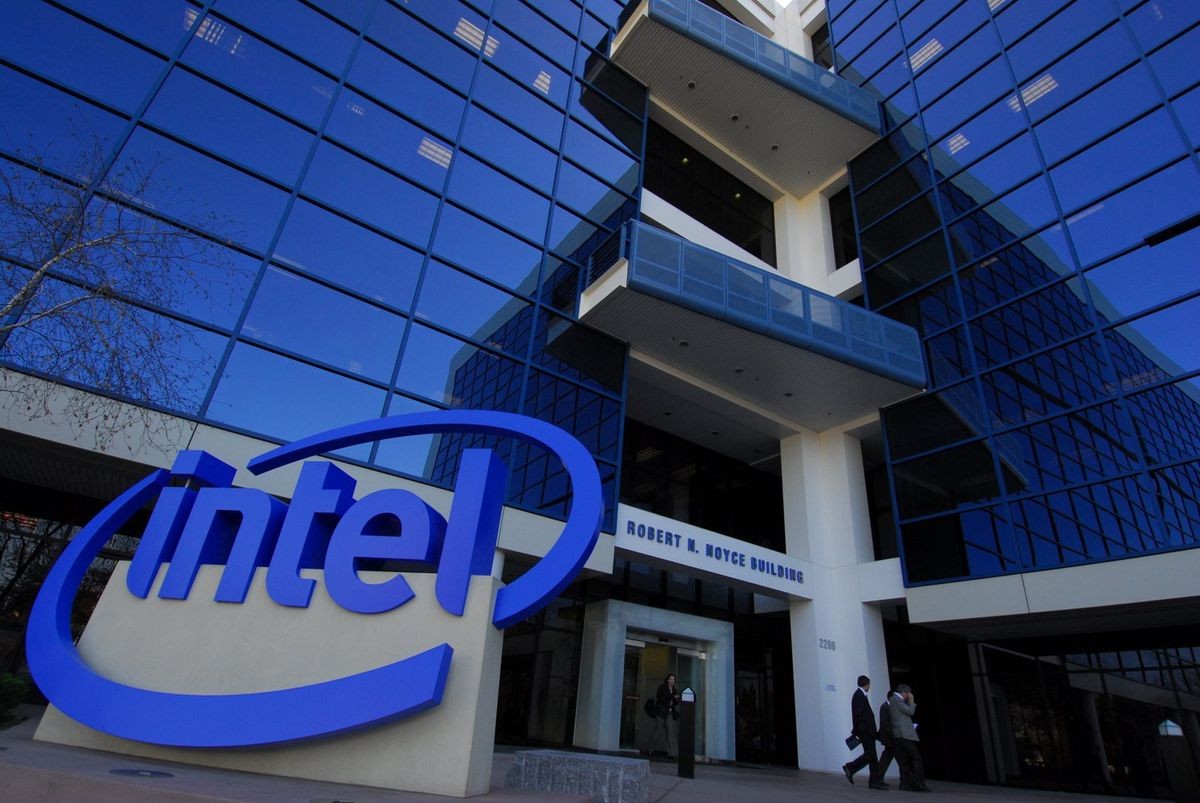
The European Commission has paid Intel $536 million (€515.55 million) in interest following the reversal of a major antitrust fine from 2009, marking the end of a prolonged legal dispute.
The payment stems from a case where the EU originally fined Intel $1.1 billion (€1.06 billion) for alleged anti-competitive practices between 2002 and 2007. The Commission had claimed Intel used rebates to discourage computer manufacturers from buying chips from competitor AMD.
In 2022, the General Court of the European Union largely overturned this ruling, finding substantial flaws in the Commission's economic analysis. The court maintained only $386 million (€376 million) of the original penalty, determining that the Commission failed to adequately prove the negative competitive impact of Intel's rebate program.
Following the court's decision to annul most of the fine, Intel pursued interest payments on the original sum. EU antitrust chief Teresa Ribera confirmed the $536 million interest payment to the company.
The case resolution represents one of the most notable antitrust decisions in EU history and raises questions about the European Commission's approach to competition law enforcement and economic analysis.
While this legal victory benefits Intel financially, the company continues to face strong competition in the semiconductor industry from rivals like AMD and emerging market players. The case outcome may influence how future EU antitrust cases and interest claims are handled.
The payment concludes a 14-year legal battle that began when Intel first challenged the fine in 2014, with multiple appeals and legal developments leading to this final resolution.